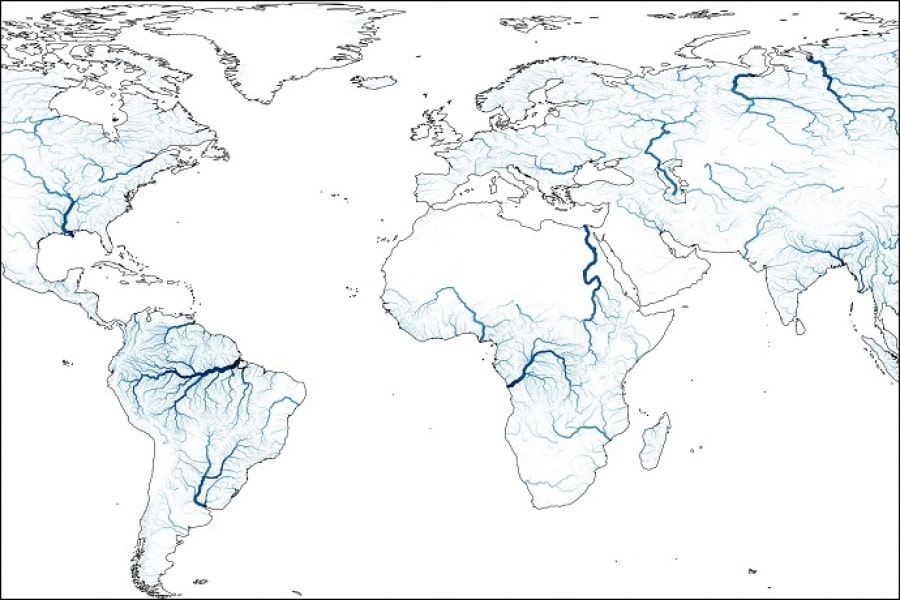Winter 2022/23 Newsletter published
The winter 2022/23 issue of the ECMWF Newsletter is now available. As well as news about ECMWF staff and events, it features articles about new developments and the use that can be made of ECMWF products.

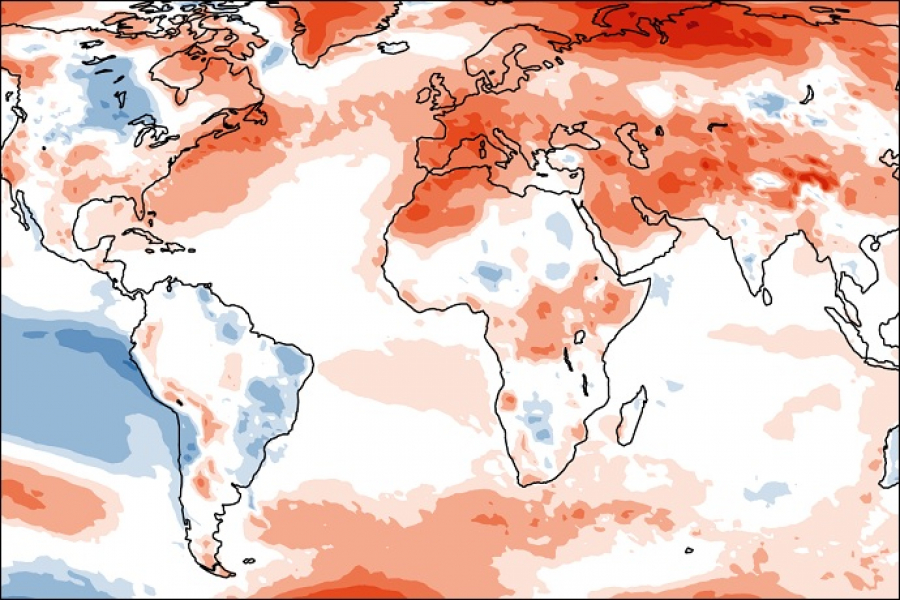
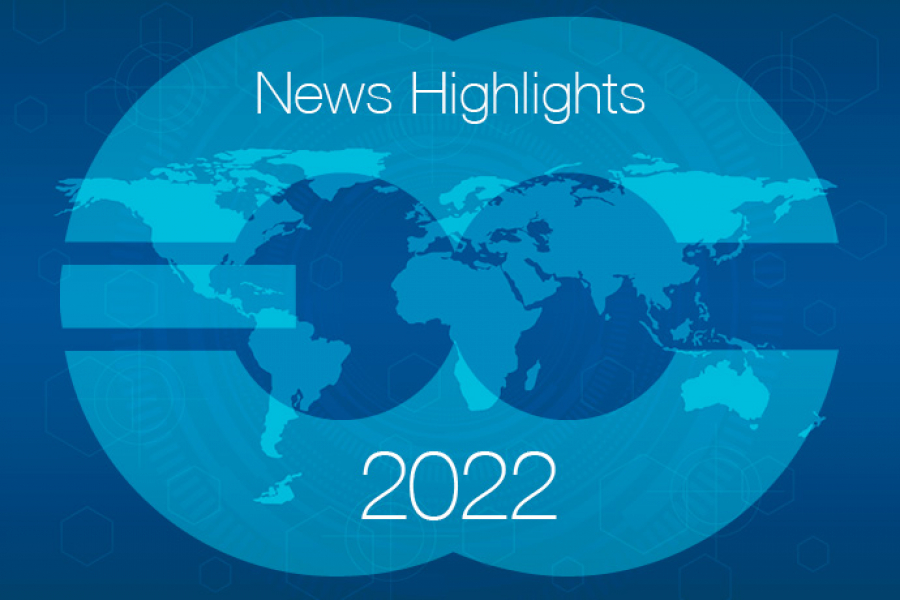
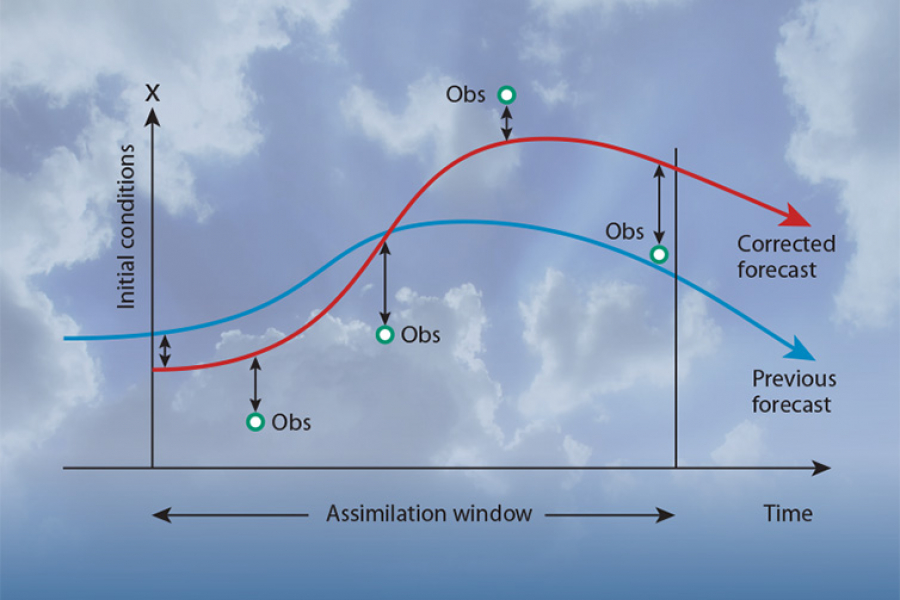

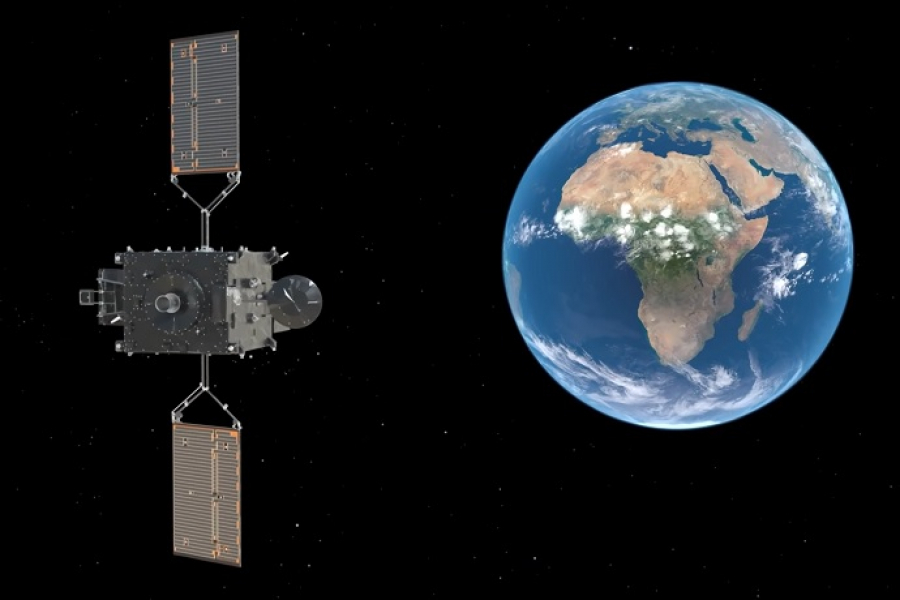
EUMETSAT is planning to launch a new geostationary satellite in December that provides more frequent and higher-resolution images than its predecessor and carries a new instrument to observe lightning flashes.
